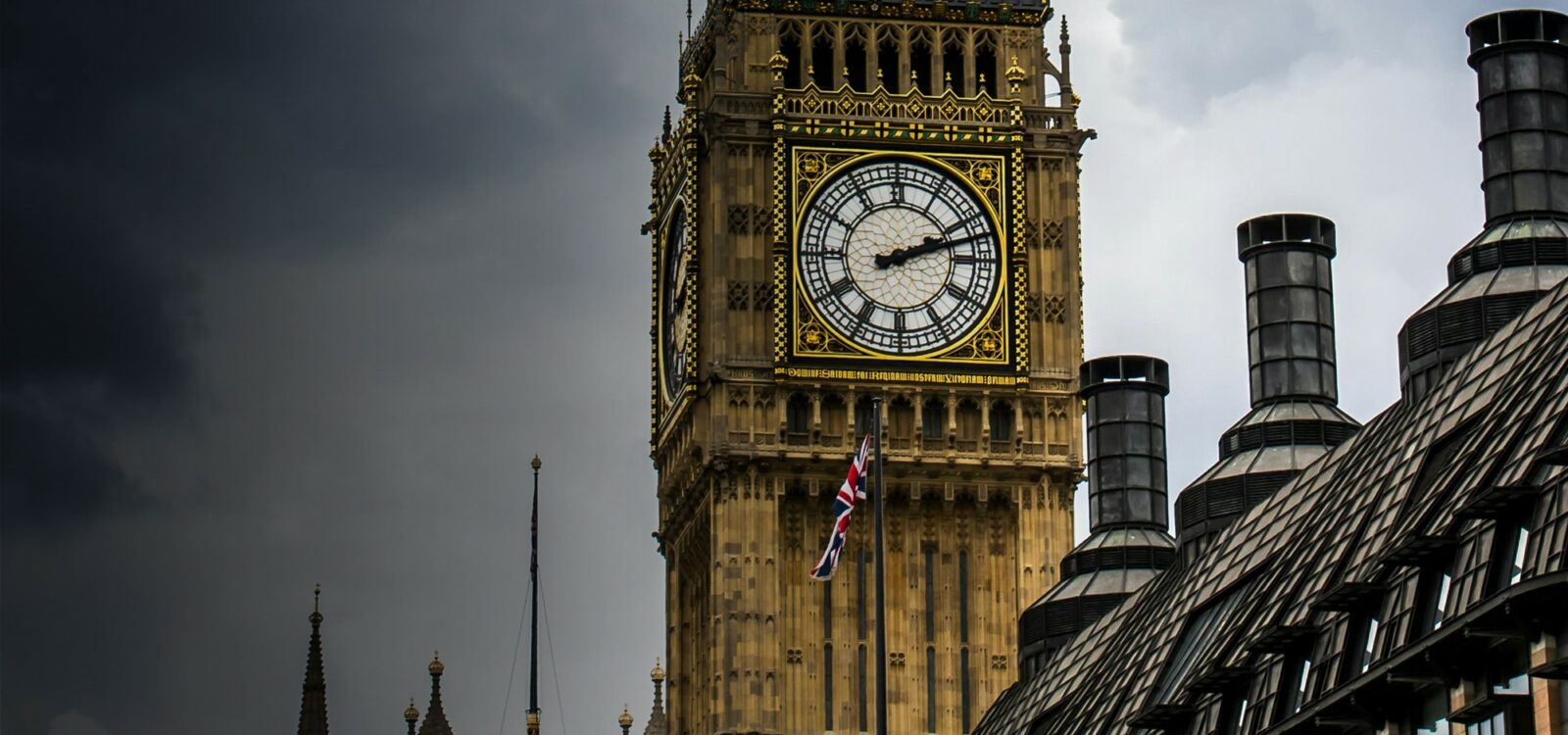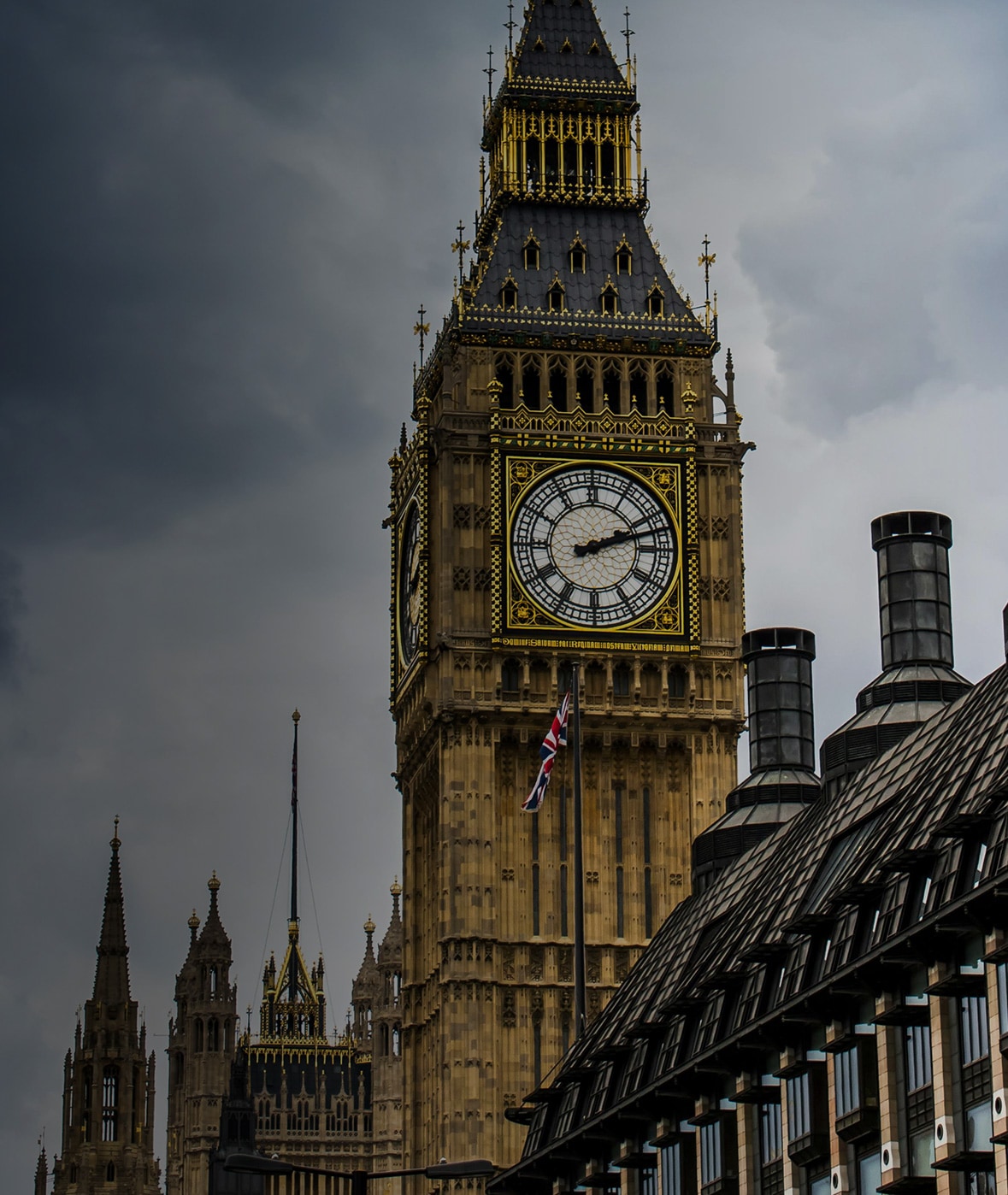Following a considerable media trail, today’s Budget leaves more questions than answers. The Government does not appear any closer to meaningfully improving prosperity than it did last year. As we have come to expect, this was a Budget delivered as much by the Office for Budget Responsibility (OBR) and the bureaucracy at large as it was by a democratically elected Government.
The muted measures announced today have increased speculation that another fiscal event will take place later this year, likely an early Autumn Budget, before a General Election campaign begins in earnest. Possibly spooked by the news that the United Kingdom fell into recession late last year, it is likely that the Chancellor will wait for a recovery to solidify before some more exciting announcements later in the year.
However, as recommended in the latest Legatum Institute paper, Action This Day: Ten things the Prime Minister can do for prosperity, right now, the Prime Minister and Chancellor would be wise to take action to increase prosperity now, in office, instead of making tax cuts part of an election campaign.
Some points of interest from the Budget
Despite being sold as a tax-cutting, growth-enhancing Budget, analysis by the Growth Commission shows that there will yet again be a £376 rise in the tax burden per household next year, with higher migration, a lower participation rate in the labour market, and consequently lower GDP per capita than before.
Tax
The Chancellor has followed last year’s 2p cut in National Insurance with another 2p cut, after saying he would like to do away with National Insurance altogether. This would be a bold piece of tax simplification, but the reality is only a marginal improvement on the status quo. Calls from Conservative MPs to deliver on the recommendations in Action This Day – scrap IR35, scrap Stamp Duty, and raise the Higher Rate threshold – were not heeded. Instead, some minor changes to property taxation were announced, as was the closing of a small Stamp Duty loophole concerning the purchase of multiple properties in one building. Considering the punishing effects of fiscal drag, high housing costs, and an inflexible labour market on middle class earners, the Chancellor missed an opportunity to ease some of the pain on hard-pressed taxpayers in the run up to an election.
Investment
After trailing the possible abolition of tax-exemptions to ISAs unless they are invested in British equities, the Chancellor instead announced the creation of a new ISA with a £25,000 per year contribution limit devoted to British stocks and shares (in addition to the existing ISAs which allow savers to invest in stocks around the world and take advantage of growth in international markets). Savers can breathe a sigh of relief for now, but it is likely that the existence of a UK-only ISA will create political pressure to increase allowances for the new ISA, leaving the original ISA floundering with a £20,000 contribution cap indefinitely and at risk of potential abolition. Taking action to address the structural reasons why British equities have been unattractive to investors in recent years – poor energy policy, high regulations, high taxes – was unfortunately not on the table today.
Child Benefit
The changes to Child Benefit eligibility are welcome, and will save many families money. Increasing the threshold at which the Higher-Income Child Benefit Charge comes in from £50,000 to £60,000 alleviates a cliff edge which has been a pain to middle class families in the last decade, especially since the freezing of income tax thresholds and two years of high inflation. The Chancellor intends, eventually, to change how Child Benefit eligibility is calculated, by moving from an individual parent’s income to a measure of household income. This is welcome, and has been called for by many Conservative MPs, but there is little prospect of it becoming reality this year. Nevertheless, the fundamental problems with childcare remain. The whole sector remains beset by cumbersome regulations, webs of conditions, and poorly-designed subsidies and incentives. These can be partially mitigated if ministers use powers in the Childcare Act 2006 to reduce regulatory burdens on providers.
Immigration
Rhetorically, the Chancellor’s tone about needing to move away from a high-immigration model of economic growth was welcome. The OBR has also begun assessing the fiscal uncertainty about mass immigration, and no longer proposes that mass-immigration is beneficial to the economy by default. However, the forecasts produced by the OBR suggest that the Government’s rhetoric does not match reality. The OBR predicts higher immigration than previously: 350,000 per year, up from 290,000, which will have serious implications for public spending, the dilution of the capital stock of the country, the already woeful availability of houses, and of course, living standards. Without significant changes to migration policy and radically reduced numbers, we will not see an end to the high-migration, low-skill status quo.
Prosperity?
The status quo remains in place. This was a Budget of tweaks and tinkering, hemmed in by the OBR’s assessment and the “fiscal headroom” the Chancellor may or may not have to offer tax cuts. This was not a Budget which will deliver serious improvements in prosperity, but offered a few improvements on the margins, like the cut to National Insurance and the changes to Child Benefit. Prosperity may have to wait, unless the Government chooses to take Action this Day. It still has time – just.




